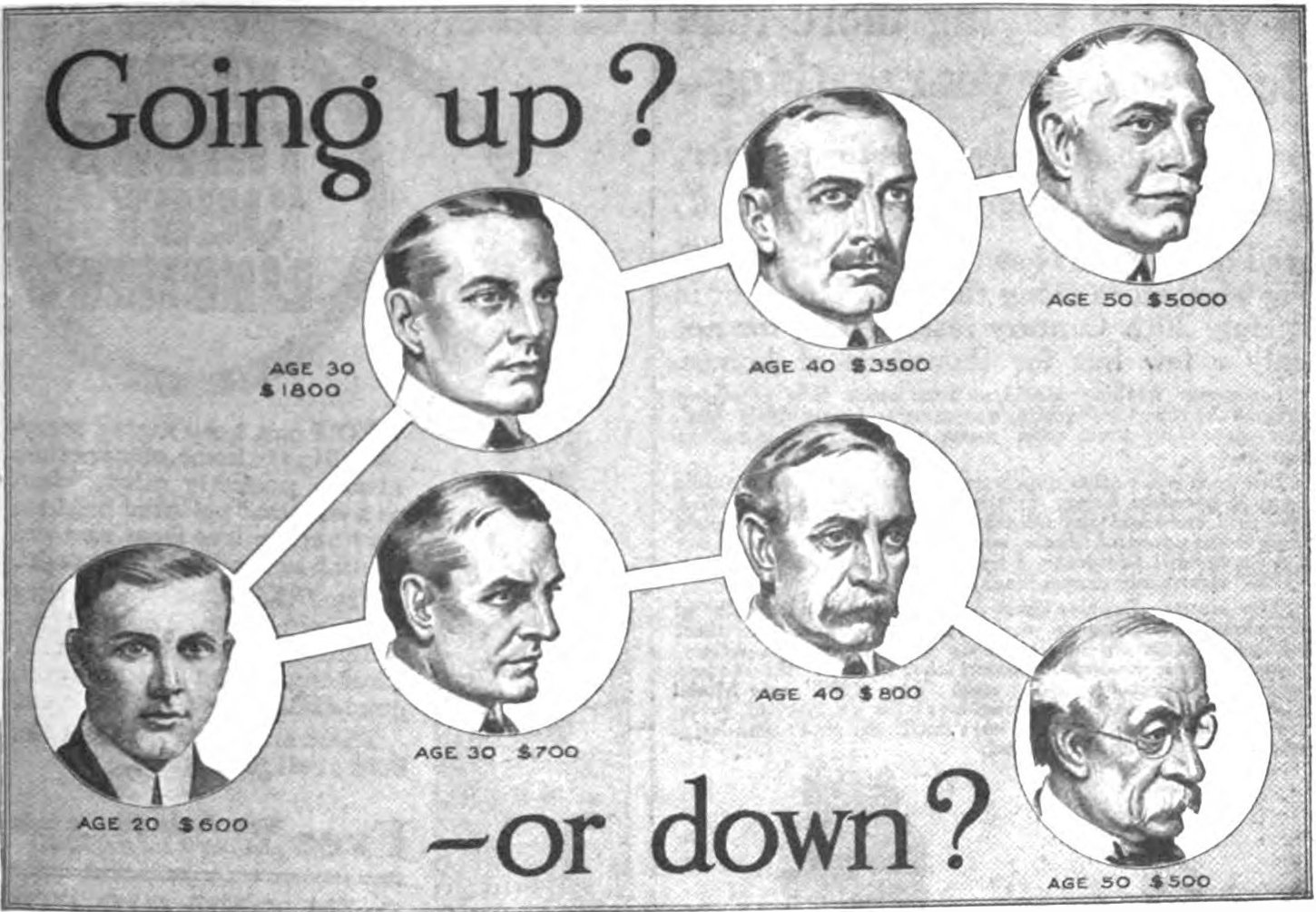The Rise of the Indian Middle Class: A Reshaping of the Political Landscape
The rapid economic growth of India in recent decades has fostered a burgeoning middle class, a demographic group with the potential to significantly reshape the nation’s political landscape. This essay will explore the multifaceted impact of the rising middle class on Indian politics, examining its influence on political discourse, party preferences, and the overall trajectory of democracy.
Shifting Priorities and Demands:
Traditionally, Indian politics were heavily influenced by factors like caste, religion, and regional loyalties. However, the growing middle class, characterized by higher education levels and aspirations for a better quality of life, is prioritizing issues like economic opportunity, infrastructure development, and efficient governance. This demographic expects more from their elected representatives, demanding improved public services like healthcare and education.
Evolving Political Discourse:
The rise of the middle class is driving a shift in political discourse, with economic issues taking center stage. Debates around job creation, inflation control, and social security benefits are becoming increasingly prominent. This shift necessitates parties to develop data-driven policies addressing the concerns of a more informed and demanding electorate.
Evolving Party Preferences:
The traditional dominance of caste-based and regional parties may wane as the middle class prioritizes meritocratic leadership and issue-based politics. This could lead to the rise of new political parties or the reinvention of existing ones to cater to the aspirations of the middle class. Additionally, independent candidates with strong track records of performance may gain traction.
Challenges and Opportunities:
The rise of the middle class presents both challenges and opportunities for Indian democracy. On the one hand, their economic power can translate into increased political influence, potentially leading to a more stable and prosperous society. However, challenges remain. The middle class itself is not a monolithic entity, and its internal divisions based on factors like income level and location could lead to competing political demands. Additionally, ensuring equitable distribution of the benefits of economic growth to prevent social unrest remains crucial.
The Road Ahead:
The rise of the middle class is a positive development for Indian democracy, with the potential to usher in an era of greater accountability and responsiveness in governance. However, realizing this potential requires political parties to adapt their strategies, addressing the needs and aspirations of this growing demographic. Furthermore, bridging the gap between the haves and have-nots will be critical to ensure social stability and continued economic progress.
Conclusion:
The rise of the Indian middle class is a powerful force that is transforming the nation’s political landscape. By prioritizing economic issues, demanding good governance, and engaging actively in the political process, this demographic group has the potential to strengthen Indian democracy and propel the country towards a more prosperous and equitable future.


